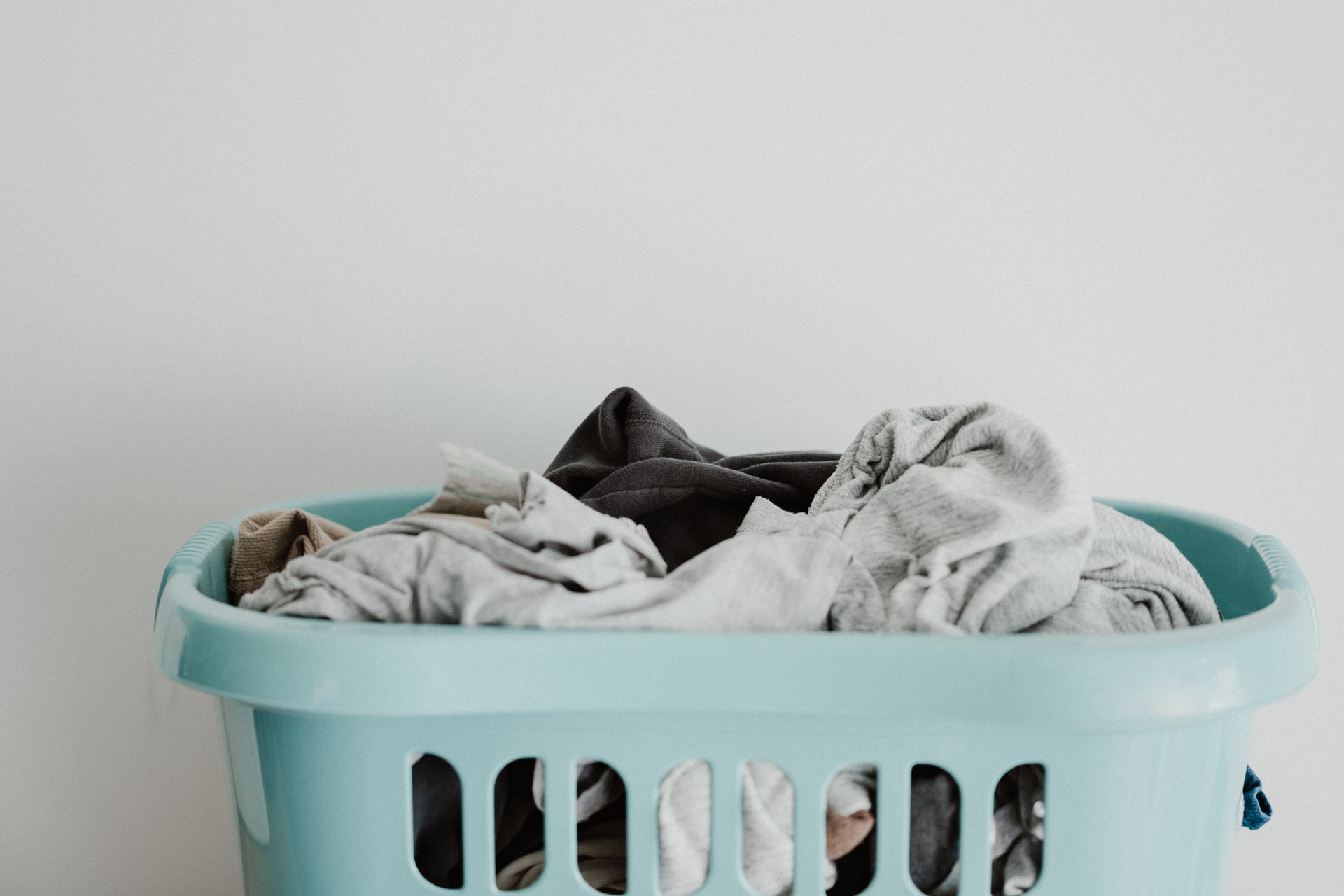There’s a reason why we’re so exhausted. While physically we aren’t running marathons, mentally, we’re juggling more than we can handle.
We’ve been waiting a long time, my husband says as I enter the car. You’ve also forgotten the kids’ shoes. He’s right but I’m annoyed because I wonder if he realizes how many other things I’ve had to organize for this birthday party we were attending.
The kids’ outfits, a suitable present (which meant a trip to the mall), packing a change of clothes, bottles and snacks amongst other things. I also had to rejig the younger one’s naptime so he wouldn’t be overtired but that wasn’t successful. I then had to make time to speak to my older son about boundaries with other kids and how he cannot blow the candles out at this party. Oh and of course prepare the salad I said I would bring to contribute. And did I forget to start the washing machine?

Photo by Tanaphong Toochinda on Unsplash
This is an example of the mental load that by default, mums tend to carry. It’s the invisible work required to manage home and family that we often don’t notice. It includes remembering, organizing, managing and yes, worrying. It’s all the big and small details involved in the running of our day to day.
Keeping a tab on everything and everyone all the time, is the responsibility that often falls on mums. And we’re mentally exhausted.
A burden for mums
So why is this the case? Why are mums the default person when it comes to managing the needs of home and family? We find ourselves at the age old debate of nature vs nurture. According to a Pew Research Survey in 2017, gender differences are apparent, but we are divided on whether they are caused by biology or societal expectations with more men believing it’s biology and women believing it’s socially constructed. In short, we cannot know for sure if it’s genetic or environmental.
Regardless, we know that the mental load* is a real issue for mothers, and when not dealt with, may lead to stress, anxiety, burnout, and depression.
So what can we do to reduce and share the load to protect our mental health? Here are a few tips.
1. Recognize and understand it
The mental load exists. It is work that hardly gets recognised or acknowledged because it’s often hidden. But it’s there. And having to remember and know all the workings of home and family takes up a lot of brain space. It’s compared to project management in the workplace, but often mums are doing both the managing and executing. So recognize it, label it, understand it- don’t wait till we’re burnt out to make changes.
2. Communicate
Talk about it. Not just as a passing comment, but as a proper conversation. Help your spouse understand what it is. Talk about how societal expectations can sometimes be crushing and how we don’t have to subscribe to them.
Explain how bearing the load may affect you and as a result, affect the family too. Be honest and build that awareness. Decide to do what works for both of you.
It also helps to speak to other trusted mums about it. You will find that many can relate and together you could brainstorm strategies to lighten or share that load in a particular season.
3. Delegate
Let go of the need to get everything done yourself. Think about who can be in charge of what and delegate. Set up a family meeting once a week to go through everyone’s responsibilities. And if you can take it one step further, delegate the management of a particular need. For example, your spouse might be responsible for the kids vaccines, which includes keeping tabs on when they are due and what he needs to do to mentally prepare them for it.
4. Draw healthy boundaries
We cannot run on empty. I understand the desire to love our families the best we can but this doesn’t mean neglecting ourselves. To be a good mum and wife requires us to protect our own mental health. This may mean honestly asking yourself what you need to fill your cup with, and making space for that. Self-care is different but essential for everyone. It also means recognizing what drains you and finding ways through it together. Drawing those boundaries, helps you be your best for them.
Of course, all of this takes time. It’s a process we keep revisiting as we go through different chapters as a family. But it’s worth it. As we commit to caring for our mental health and take steps to reduce and share the mental load, we model healthy practices to our kids. Practices we hope they pick up for their own future.
*Mental load examples include thinking or planning groceries, laundry, scheduling drop offs and pick ups, doctor’s appointments, school fees, birthday presents, nap times, appropriate snacks, favourite toys, managing behaviour and nurturing positive relationships.
Featured image by Annie Spratt on Unsplash

Kristy Tan is a mum to two active boys. Being a teacher by profession, she enjoys kids. Since becoming a mum, she has developed a special love for mothers too. She’s currently working on a podcast on motherhood, based in Malaysia. Follow her conversations at @bringingupmum.




